Chemical Reaction Engineering
Get a solid grasp on reaction equilibrium, kinetics, and reactor design. You’ll learn to analyze lab data, understand different reactor types, and dive into both homogeneous and heterogeneous reactions. It’s essential knowledge for those in the chemical engineering field.
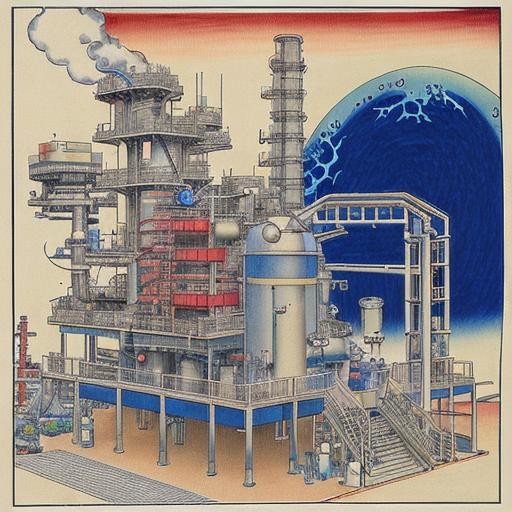
Course Overview
This unit covers the theory and practice of reaction equilibrium, reaction kinetics and the interpretation of batch reactor data. Students are introduced to the design of batch and continuous reactors, reactor geometrics, ideal tubular, mixed and staged reactors for single and multiple reactions. They will learn how to interpret laboratory data and use data analytics to deduce rate laws and reaction mechanism. They will investigate thermal and pressure effects, isothermal and non-isothermal homogeneous reactions, and deviations from ideal reactor models. Heterogeneous reaction systems, including solid catalysed reactions, and residence time distributions will be analysed.
Most of the material is designed to be easily understood by undergraduate chemical engineering student. However, some background in mathematics, including differential equations, as well as a solid understanding of material and energy balance concepts.
This is a core unit for chemical engineering. In this unit, mole balance, rate law, stoichiometry and energy balance will be introduced which will help you to design and operate the chemical reactors.
Reaction Engineering CHEN3010 is a compulsory unit, specific to the following courses:
- Bachelor of Engineering (Chemical Engineering)
- Bachelor of Engineering (Chemical Engineering)/Bachelor of Science (Extractive Metallurgy)
- Bachelor of Science (Chemistry)/Bachelor of Engineering (Chemical Engineering)
Failure twice may lead to the termination from that course.
Why study chemical reaction engineering?
Learning Outcomes
- Apply reactor design principles and reaction kinetics for the selection, fundamental design and evaluation of reactors for homogeneous reactions
- Apply reactor design principles and reaction kinetics for the selection, fundamental design and evaluation of reactors for solid catalysed reactions
- Adapt and extend fundamental designs of solid catalysed reactors for practical, industrial-scale operations
- Undertake risk assessment and control analysis of reactors
Teaching Staff
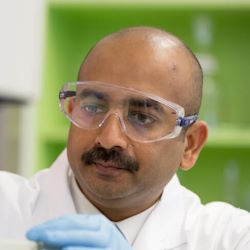
A/Prof. Ranjeet Utikar
- Building 204, Room 432
Bentley Campus - r.utikar@curtin.edu.au
- +61 0892669837
- Schedule an appointment

A/Prof. Ranjeet Utikar
- Building 204, Room 432
Bentley Campus - r.utikar@curtin.edu.au
- +61 0892669837
- Schedule an appointment
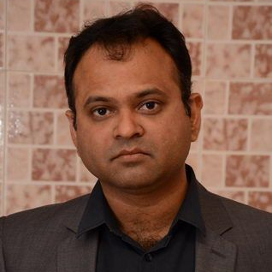
Dr. Milin Shah
- Building 204, Room 319/320
Bentley Campus - Milinkumar.Shah@curtin.edu.au
- +61 08 9266 1263
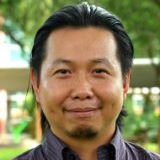
Dr. Jibrail Kansedo
- Skylark 3 Room 371
Miri Campus - jibrail.k@curtin.edu.my
- +60 85 630 100 Ext: 2468
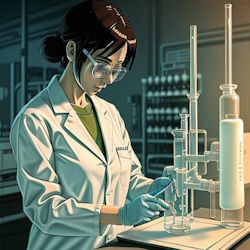
Ms. Cherie Ha
- Faculty of Science and Engineering
Bentley Campus - TeachingSupport-WASM-MECE@curtin.edu.au

- Skylark 3 - Room 402
Miri Campus - dora.indin@curtin.edu.my
- +60 85 630100 Ext:2531